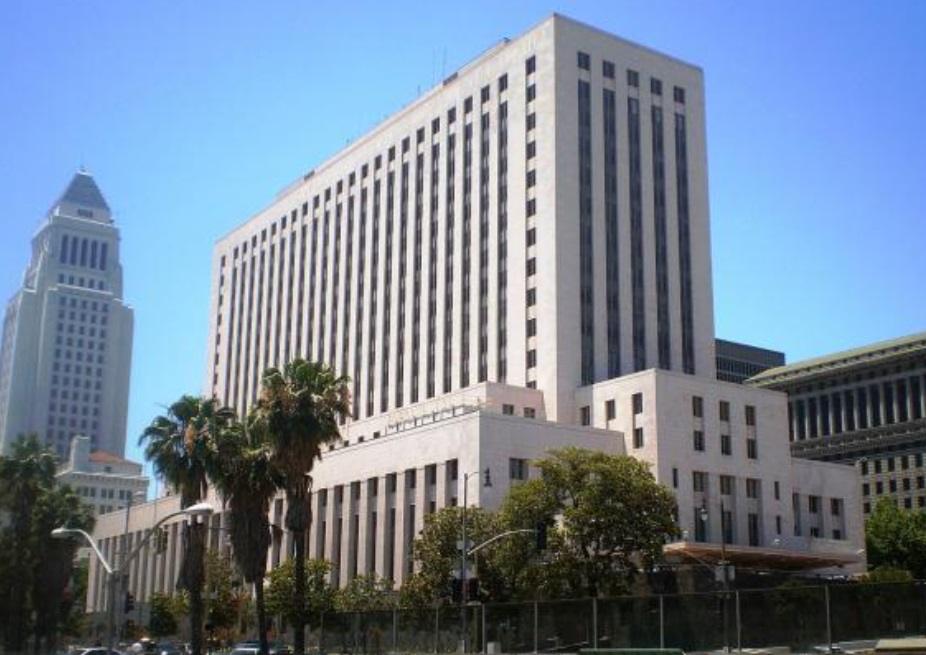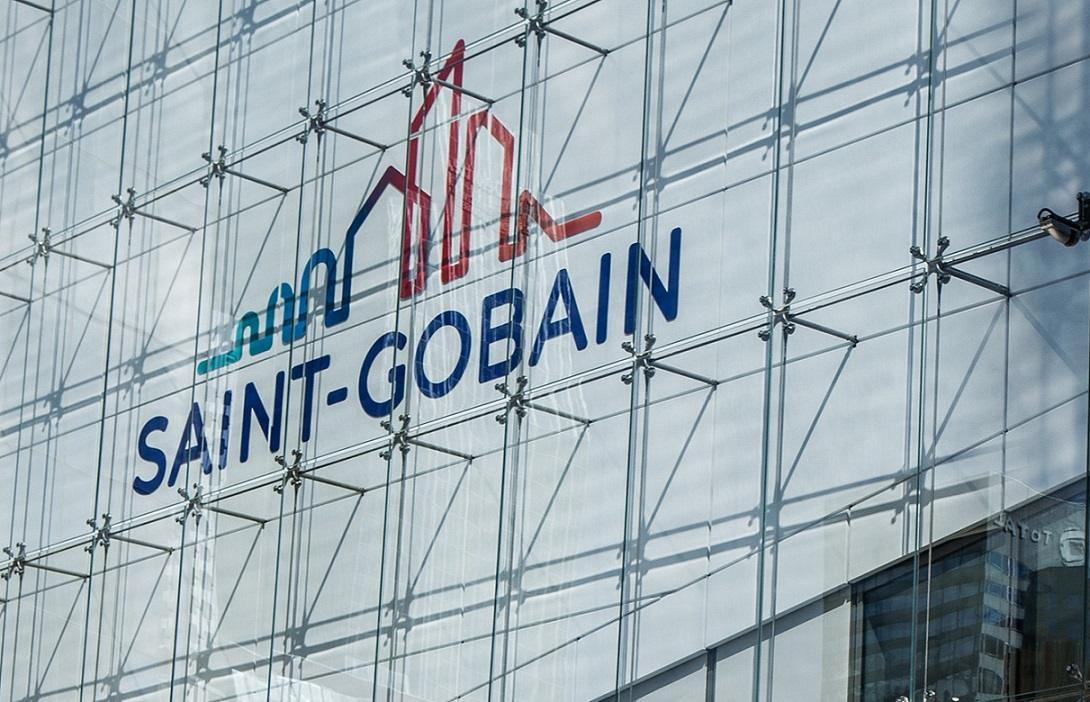Capgemini Sets Goal to Reduce Emissions Across Value Chain by 90%
Global professional services firm Capgemini announced today a series of emissions reduction targets, including goals to reduce emissions across its full value chain by 90% by 2040. The company revealed that its new short- and long-term targets have been validated by the Science Based Targets initiatives new Net Zero Standard, making it among the first to achieve this milestone.
Aiman Ezzat, Chief Executive Officer of the Capgemini Group, said:
“The climate crisis demands bold actions, such as the new targets we have set for the Group, leading to a 90% absolute carbon reduction covering our entire value chain.”
Capgemini’s new climate goals include targets to reduce direct and purchased energy Scope 1 and 2 emissions, as well as indirect value chain Scope 3 emissions by 90% by 2040.
Scope 3 emissions often make up the majority of many company’s carbon footprint, and can be the most difficult to address. Travel-based emissions, for example, accounted for over 57% of Capgemini’s carbon footprint in 2019 (pre-COVID), including 29% from business travel and 28% from commuting. Capgemini’s new goals include 2030 targets to eliminate 55% of emissions per employee from commuting and business travel, compared to 2019, and reduce absolute Scope 3 supply chain emissions by 50%. The company also aims to reduce Scope 1 and 2 emissions by 80% by 2030.
Capgemini outlined several of the initiatives it is pursuing in order to reach its climate goals, including engaging with its top suppliers, accounting for roughly 50% of its supply chain emissions, and transitioning to 100% renewable electricity by 2025.
SBTi is one of the key organizations focused on aligning corporate environmental sustainability action with the global goals of addressing and limiting climate change. Last year, SBTi launched its Net Zero Standard, setting stringent criteria which it uses to assess and certify corporate commitments to achieve net zero emissions. Capgemini consulted on the design of the new standard.
Beyond its own emissions footprint, Capgemini has set a goal to help its clients save at least 10 million tons of CO2e by 2030, and the firm has announced the publication of a new report with sustainability non-profit Forum for the Future, exploring Capgemini’s methodology for professional services organizations to measure the carbon impact of the sustainability transformation projects they deliver for clients.
Ezzat said:
“Transitioning to a low carbon economy will also require more innovation and collaboration with our partners, clients and suppliers. We welcome the clarity and transparency the new SBTi Standard brings to the field and will continue to work with partners like SBTi and Forum for the Future, and to accelerate the journey towards an inclusive and sustainable future.”





